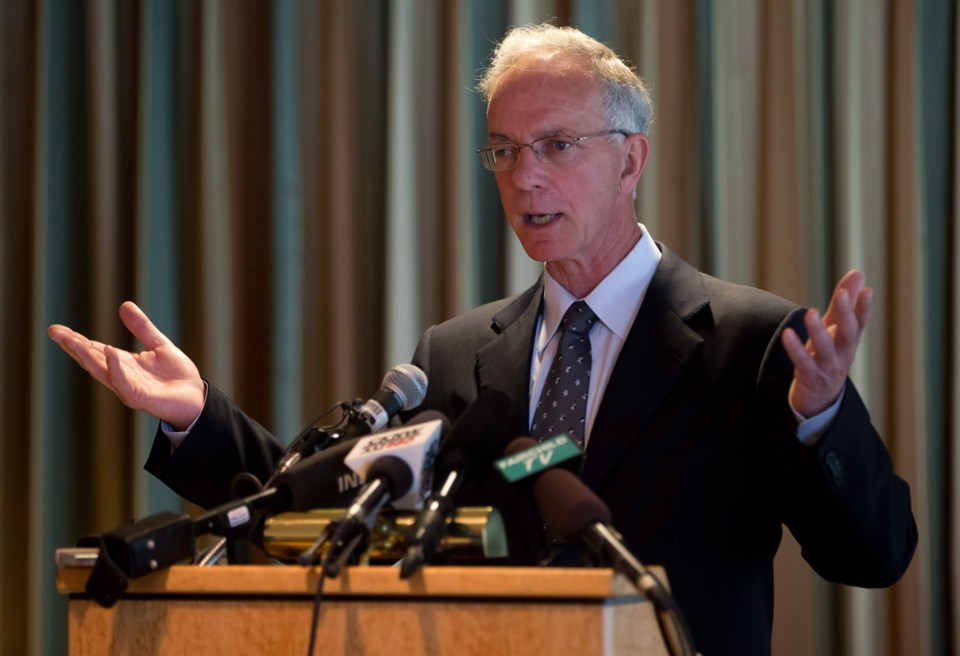Joie Warnock from Unifor argues in a Times Colonist commentary (“Northern Gateway not dead yet, but should be,” Oct. 4) that Canada should not be shipping unrefined bitumen overseas via the proposed Northern Gateway pipeline because it is environmentally dangerous to do so and we lose the value-added opportunity of refining.
She blames Prime Minister Stephen Harper for supporting the pipeline and not supporting our economy and efforts to prevent climate change. In a non-political way, I would like to say that I agree with most of what Warnock says, but she is blaming the wrong person.
On behalf of my company, Kitimat Clean Ltd., I approached the federal government three years ago to build the case for a green, world-scale, state-of-the-art oil refinery on our coast to avoid risking our waters to a bitumen spill. We have no technology to clean up a spill of bitumen at sea, whereas refined fuels float and evaporate if spilled.
In addition, the potential value-add from a refinery is immense, creating 10,000 jobs in B.C. and generating $1 billion per year for government treasuries. We told our engineers to design the greenest refinery in the world with essentially no particulate emissions, no nitrogen or sulphur oxide emissions and the least possible CO2 emissions.
The extra capital cost involved to do this is $5 billion, but it is worth it. The refinery will have so little CO2 that it will neutralize the emissions in the oilsands. That is, the total emissions from extraction and refining in Canada will be less than those incurred in the conventional oil industries in major producing countries such as Nigeria and Iraq.
The Kitimat Clean oil refinery is almost ready to go. The people in Kitimat and Terrace want it. We have met with 30 First Nations, 15 Alberta oil companies, refined-fuel buyers in China and Japan and several financial institutions. The refinery is designed and costed, and the business plan is complete. The environmental permitting process will formally begin this fall.
We believe we have a plan to get bitumen to the refinery in a way that prevents spillage. Information about the project can be found at kitimatclean.ca.
The Harper government strongly agreed with Kitimat Clean that climate change, value-added benefits and protection of B.C.’s coastal waters are vital. Harper and Finance Minister Joe Oliver were so keen, their government offered up to $10 billion of debt guarantees for the project. The Conservatives were the only federal party in favour.
The other federal parties are against a northern pipeline and northern tankers, even though the refinery economics are positive and all stakeholder groups want the refinery to proceed.
Another oddity is that for some inexplicable reason, the NDP and Liberals are in favour of the Trans Mountain pipeline, which proposes to ship a lot more bitumen past Stanley Park and out Juan de Fuca Strait. It is hard to fathom how that squares in their minds with being against a northern pipeline shipping oil to a refinery advantageous to the people of B.C.
David Black of Victoria is president of Kitimat Clean Ltd.



